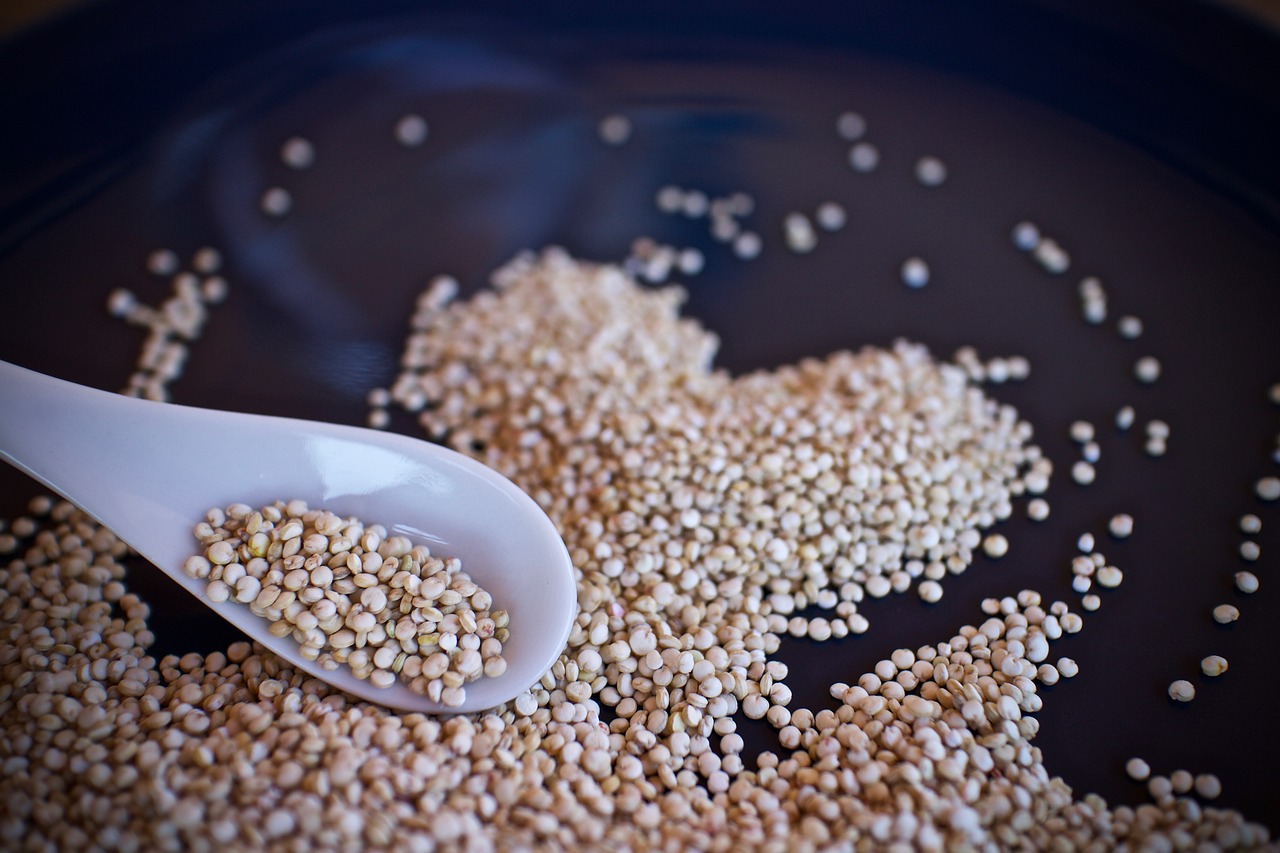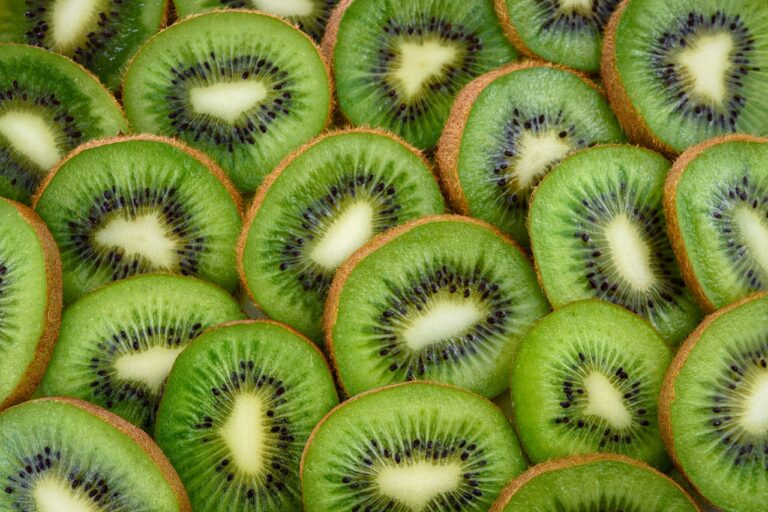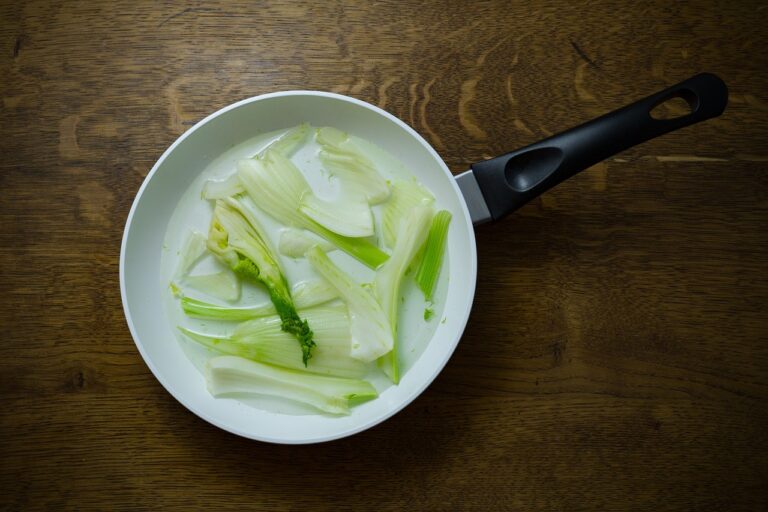10 Interesting Reasons Why You Are Craving Quinoa

Quinoa, a seed native to South America, has taken the culinary world by storm over the past few years. With its rich history, abundant health benefits, and versatile culinary applications, it’s no surprise that many find themselves craving this superfood. Below are ten reasons why quinoa might just be what your palate and body have been yearning for.
Why Am I Craving Quinoa?
1. Nutritional Powerhouse
Quinoa is often lauded for its incredible nutritional profile. Packed with protein, it’s one of the few plant-based foods that offer all nine essential amino acids. This makes it a favorite among vegetarians and vegans.
Furthermore, quinoa is gluten-free and full of fiber, magnesium, B-vitamins, iron, potassium, calcium, and vitamin E. Its wholesome profile supports various bodily functions and promotes overall health.
2. Versatile Culinary Uses
One of quinoa’s most significant draws is its adaptability in the kitchen. Whether you’re making a salad, soup, or a main dish, quinoa can fit in seamlessly. It can be served both hot and cold, making it an excellent option for various dishes.
Additionally, its mildly nutty flavor complements a wide range of ingredients, allowing chefs and home cooks to experiment and create delectable recipes.
3. Supports Digestive Health
Quinoa is an excellent source of fiber, a crucial component for a healthy digestive system. Regular consumption of quinoa can help in promoting regular bowel movements and preventing constipation.
Moreover, the fiber in quinoa aids in feeding the good bacteria in the gut. This can lead to an improved gut flora balance, further promoting digestive health.
4. Gluten-Free Alternative
For those with celiac disease or gluten sensitivities, quinoa is a godsend. As a naturally gluten-free grain, it provides a nutritious and tasty alternative to wheat and other gluten-containing grains.
With its rising popularity, many gluten-free recipes now incorporate quinoa, ensuring that those with dietary restrictions can still enjoy a diverse range of meals.
5. Weight Management
Thanks to its high protein and fiber content, quinoa can be an excellent food for those looking to manage their weight. It provides a sense of fullness, potentially reducing calorie intake.
Additionally, the protein in quinoa can help increase metabolism and reduce appetite, making it easier to stick to a healthy eating plan.
6. Rich in Antioxidants
Antioxidants play a pivotal role in combating free radicals in the body, which can lead to chronic diseases and aging. Quinoa boasts a rich antioxidant profile, including quercetin and kaempferol.
Regular consumption of quinoa can help bolster the body’s defense against oxidative stress, promoting overall health and well-being.
7. Good for Heart Health
The fiber, potassium, and magnesium found in quinoa are all beneficial for heart health. Regular intake of quinoa can help reduce blood pressure levels and lower cholesterol, reducing the risk of heart disease.
Moreover, the anti-inflammatory properties of quinoa further protect the heart and reduce the risk of various cardiovascular diseases.
8. Supports Bone Health
Quinoa is an excellent source of magnesium, which plays a crucial role in bone health. Magnesium, along with calcium found in quinoa, can aid in strengthening bones and preventing osteoporosis.
By incorporating quinoa into one’s diet, one can ensure they’re getting the necessary nutrients to support strong and healthy bones.
9. Beneficial for Diabetics
Quinoa’s low glycemic index makes it a suitable choice for those with diabetes. It can help in stabilizing blood sugar levels and reducing insulin resistance.
Moreover, the fiber content in quinoa slows down the digestion of carbohydrates, ensuring a steady release of energy and preventing sudden spikes in blood sugar.
10. Eco-Friendly Crop
Quinoa is not only good for our bodies but also for our planet. It’s a hardy crop that can grow in various climates, requiring less water than many other grains. This resilience makes it a sustainable choice in the face of changing climate conditions.
Furthermore, its ability to grow in poor soil conditions means that it can be cultivated in areas where other crops might fail, ensuring food security for many communities.
Conclusion
Quinoa’s remarkable qualities extend far beyond its culinary versatility. Its health benefits, coupled with its sustainability, make it a grain that deserves its superfood status. So, the next time you find yourself craving a nourishing meal, consider quinoa – it might just be the perfect fit for both your palate and your health.






